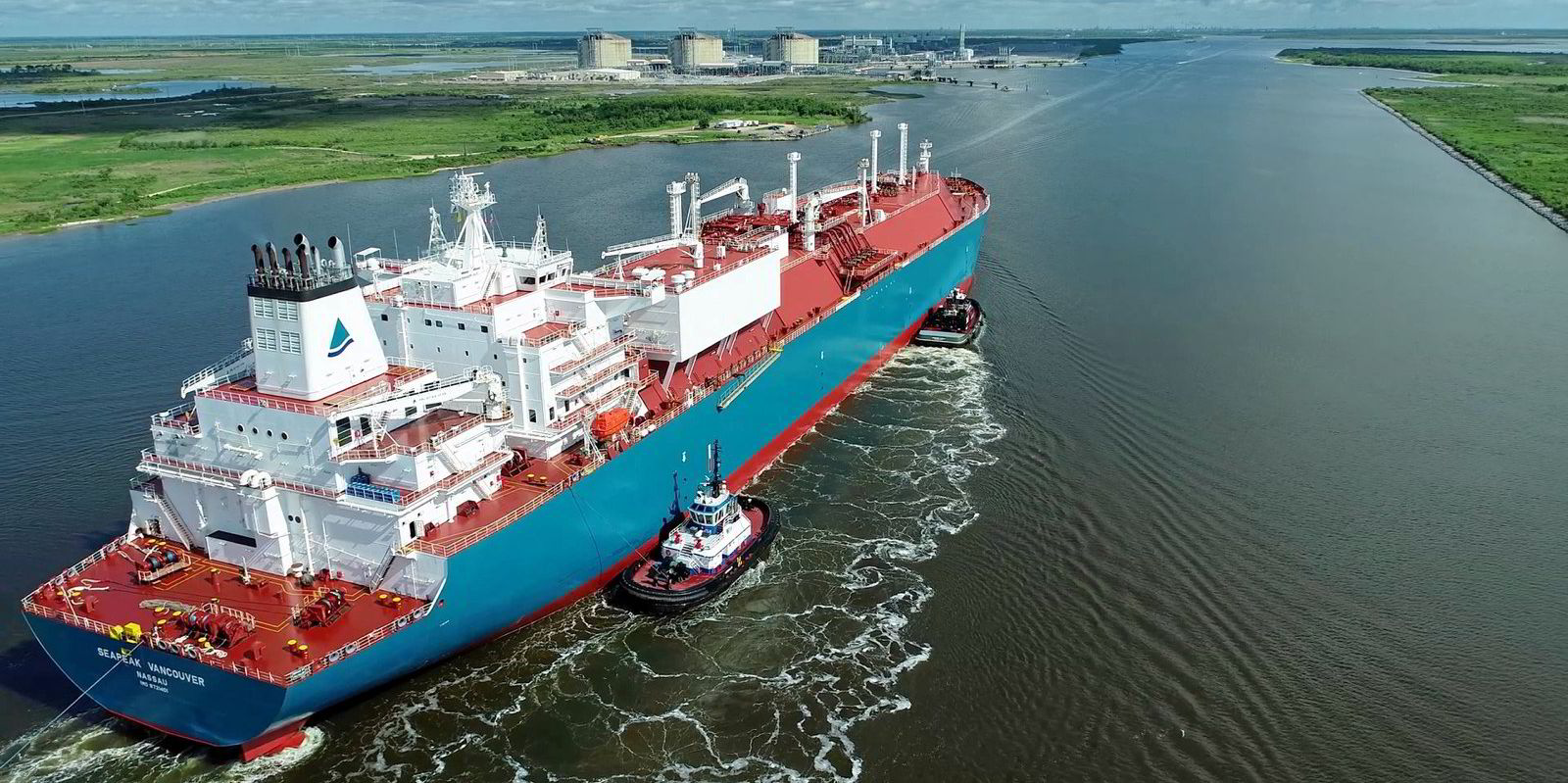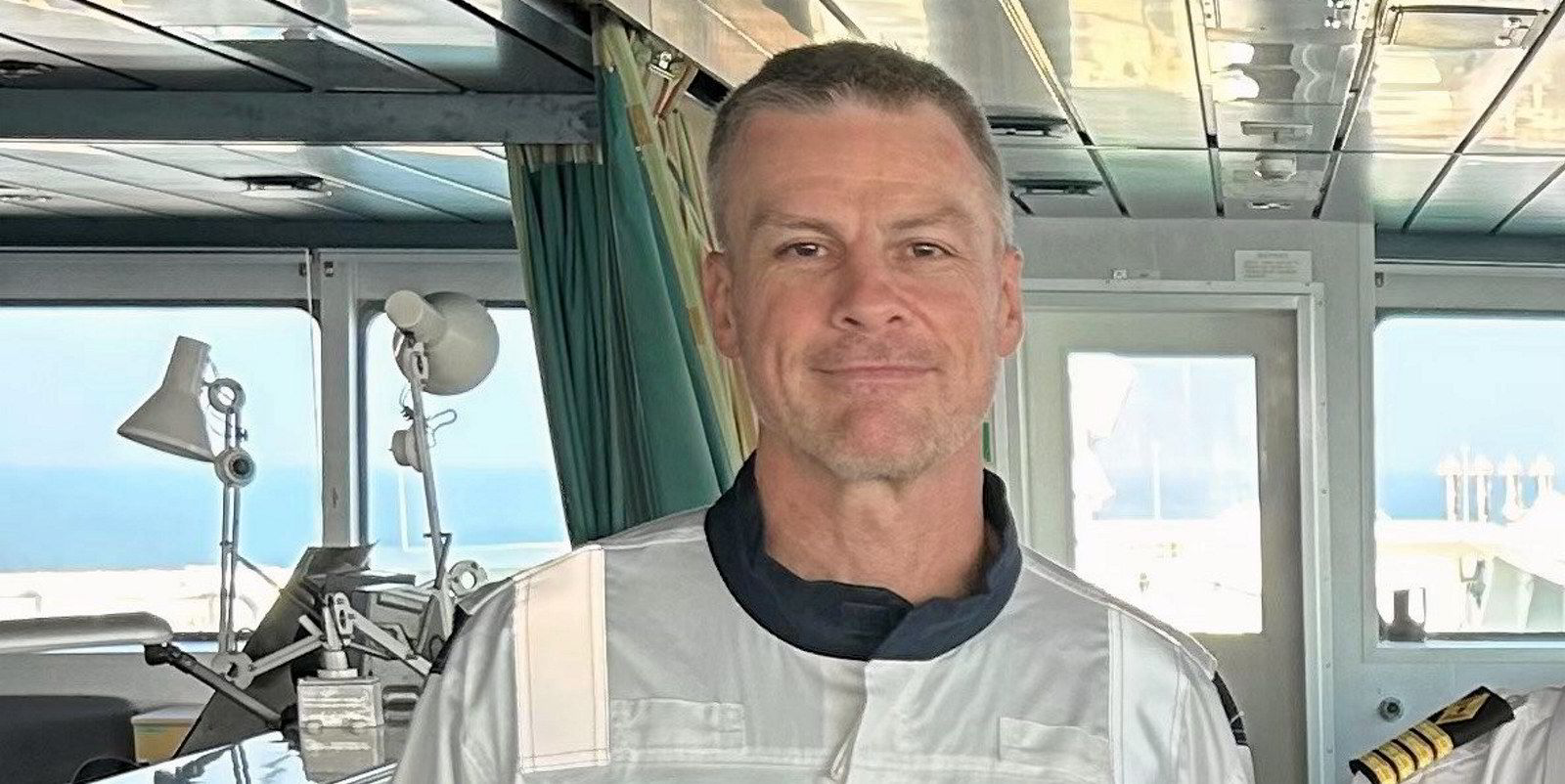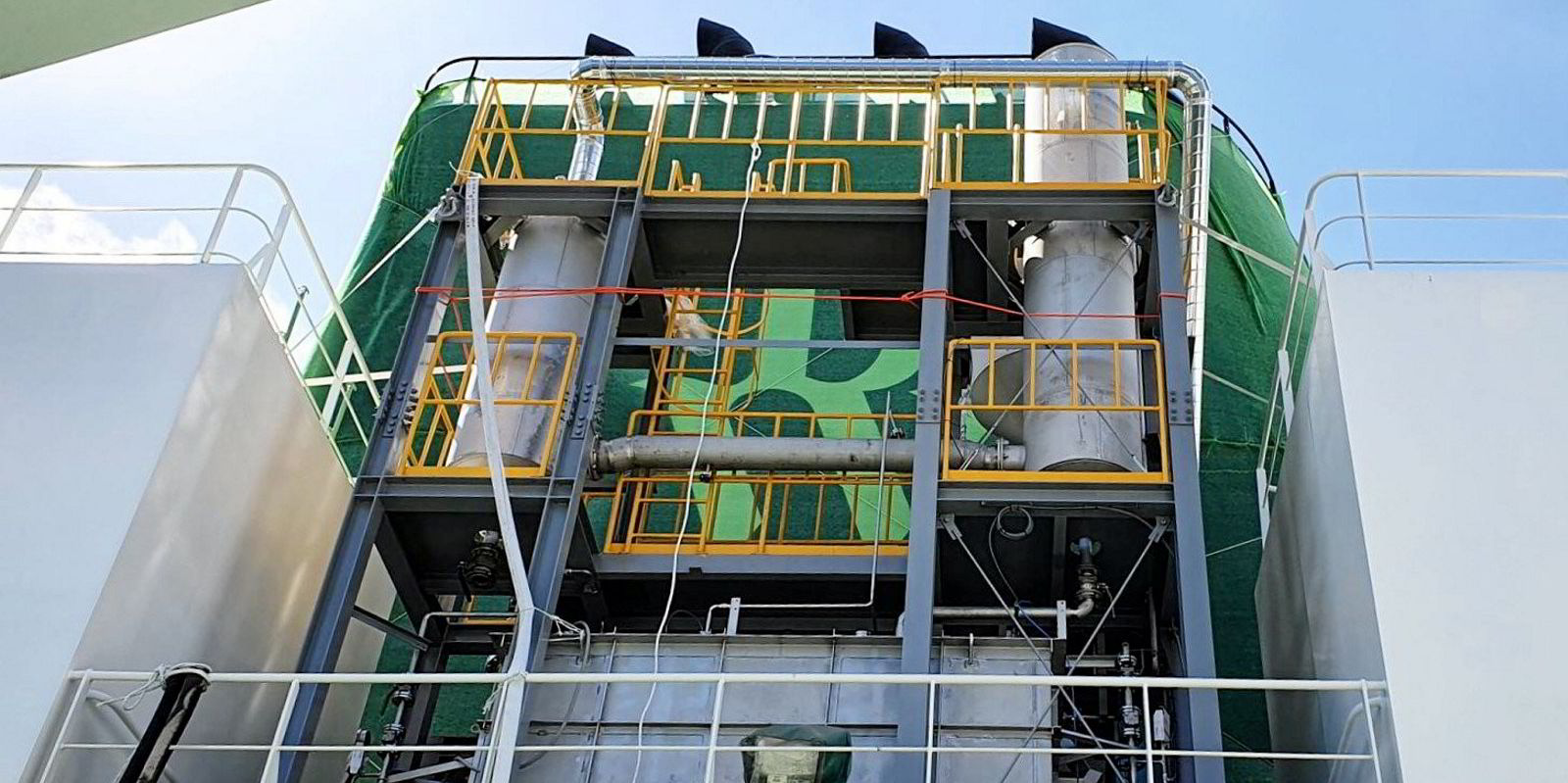Shipowner Seapeak has identified what it says is “a very positive” chartering change for LNG owners and it is one in which it can offer firsthand experience.
Seapeak president and chief executive Mark Kremin noted that under the company’s previous guise as Teekay LNG it built the first two-stroke gas injection vessels and chartered them out to US producer Cheniere Energy for five years.
Both 173,000-cbm ships — now renamed the Seapeak Creole and Seapeak Oak (both built 2016) — are fixed out to Chinese importers, on 23 and 10-year charters.
Kremin said the standard five-year period has now gone out to 10 to 12 years or longer.
“So the market has gone from brand newbuilds for five years to secondhand ship charters that are four or five years or longer,” he said. “I think that’s great for owners so long may that continue. It’s been a definite market shift.”
Kremin sees the current two to three-year term-charter market rates for tri-fuel diesel-electric (TFDE) vessels at more than $100,000 per day as “robust”.
Newbuilding pricing is as tough to forecast as interest rates or the oil price, he said, but it may take time for them to fall significantly from their current $260m highs.
The company keeps an eye on the LNG sale-and-purchase sector. It sold off its 50% interest in the 138,000-cbm steam turbine LNG carrier Excalibur (built 2002) in 2022.
“If someone is interested in a steamship, we are sellers,” Kremin said. “In terms of being on the buy side, whether it’s TFDE or two-stroke, we are lookers.”
He said the company’s real interest kicks in when ships have a long-term charter attached but when they do, the rate is typically lower than if Seapeak had tendered for the business.
Kremin confided that Seapeak, which is operating one of its vessels as a floating storage unit for a newly set up German import project, is also looking at floating storage and regasification units — particularly on conversions for its dual-fuel diesel-electric vessels as newbuildings look expensive.
The company, which bought Evergas in 2022, is also a believer in the growth of the US ethane trade and also expects to be present in the carriage of CO2 in the future, Kremin said.
New technology is also on the radar with charterer TotalEnergies this year set to trial an onboard carbon capture and storage system on the 165,500-cbm Seapeak Arwa (built 2008).




